Moving beyond gender stereotyping in play
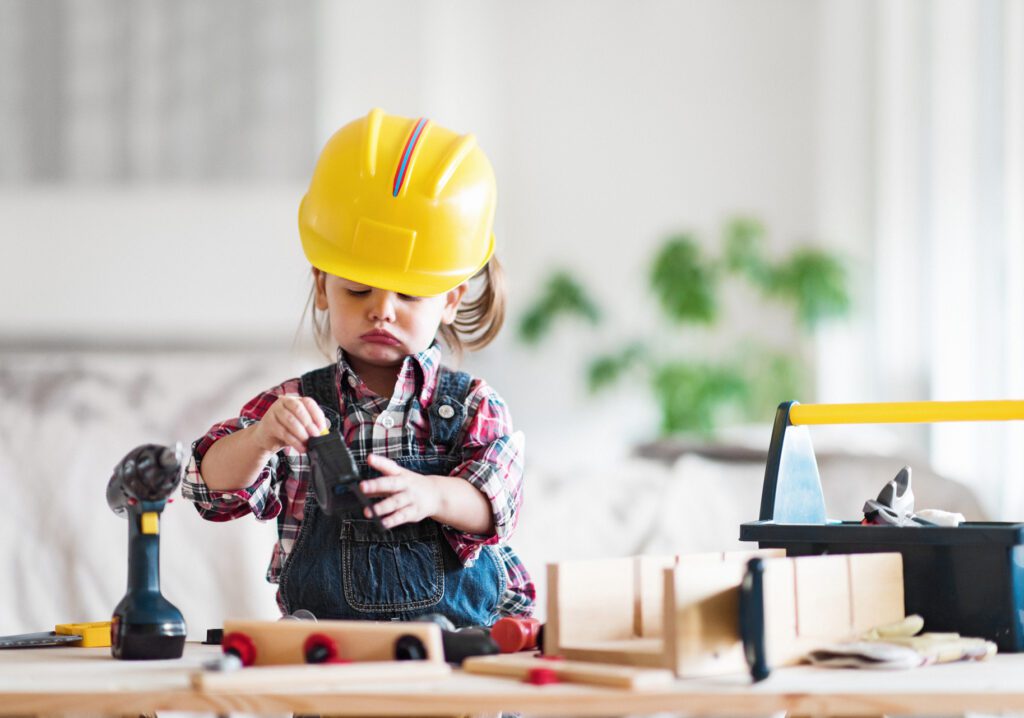
DURING PLAY, CHILDREN DRAW ON THEIR IDEAS, interests, personalities, and cultural backgrounds in powerful ways. But when their play is policed or restricted by adults who consciously or unconsciously perpetuate harmful gender stereotypes, children are deprived of healthy, developmentally appropriate play.
To prevent this from happening, build your awareness of children as individuals—and recognize that restricting a child’s interests by their assumed gender serves no real purpose. Make sure that all children have the freedom to choose their own toys and activities—and encourage every child to explore the full range of activities, materials and play options that you have available. Child-led play based on a child’s individual interests and emerging identity is a key component of developmentally appropriate practice.
Many types of play benefit children of all gender identities by helping them develop important cognitive, communication and social-emotional skills. Read on to learn more about the benefits of different types of play for all children, regardless of gender.
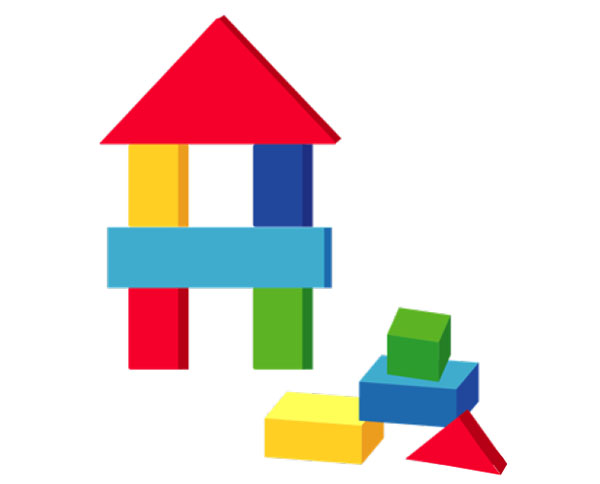
Block play
Block play helps build spatial awareness and an understanding of gravity and balance. Blocks also create opportunities for young children to learn about early measurement concepts, teamwork and problem-solving. Children also develop their ability to focus as they engage in extended periods of play and problem-solving.

Caring for baby dolls
This type of play helps children develop important traits such as compassion while they engage in nurturing and caretaking activities. Doll play also encourages young children to think and talk about the needs, thoughts and emotions of others, an activity that lays the foundation for the development of empathy.
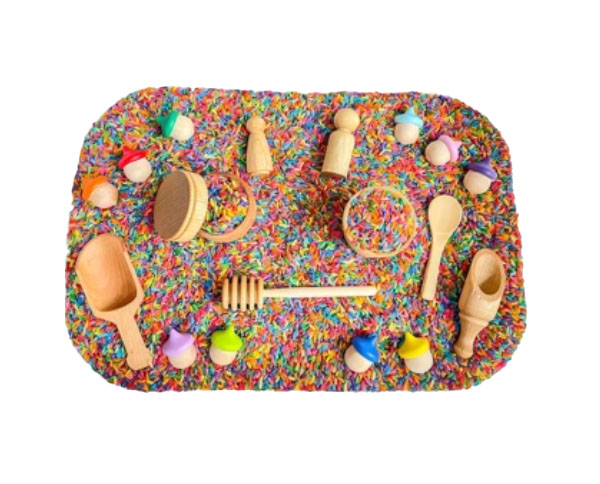
Sensory and messy play
This type of play builds pathways and connections in the brain by encouraging children to use multiple senses simultaneously. When play is messy, children have opportunities to learn about caring for themselves and their community by cleaning up afterward!

Art
Art projects support the development of representational thinking (the ability to hold an image in one’s mind when the object isn’t within view). By creating and talking about art, children also build language and early literacy skills as they learn how their art can represent or symbolize something else.
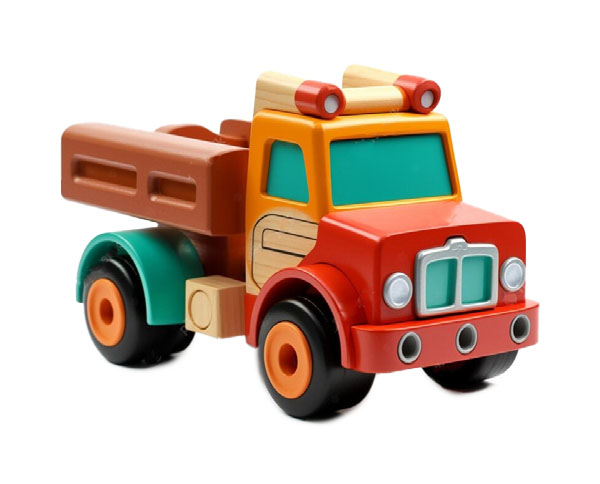
Car and truck play
Children who love to play with cars and trucks develop fine motor skills and an understanding of force, motion, trajectory, speed, and energy transference. Vehicle play is also a form of pretend play that provides hands-on opportunities for children to learn about the purpose and function of different vehicles. Children can expand their learning by incorporating dolls, figures, and blocks into their vehicle play.
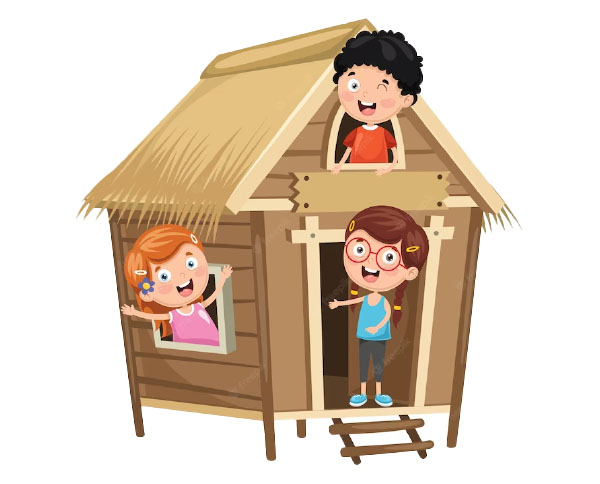
Playing house
This age-old activity helps young children consider the perspectives of others as they act out the roles of different family members, pets and other characters. This play also builds everyday vocabulary and fosters the development of social-emotional skills such as empathy and negotiating the use of shared space.
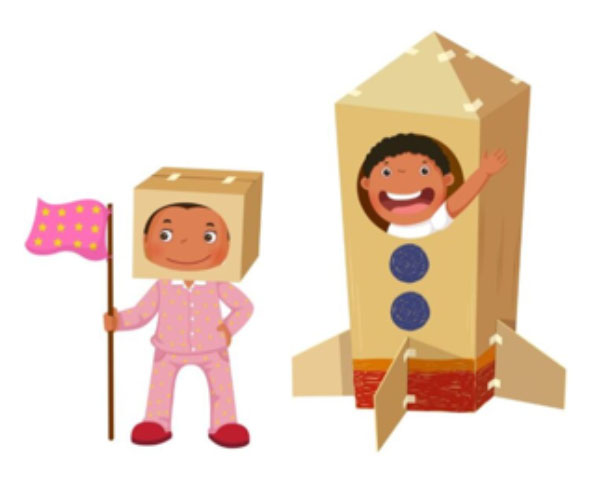
Dress up
Dressing up—which never grows old—encourages creativity and builds communication skills as children work together to imagine and participate in pretend-play scenarios. Children may experiment with a variety of roles, scenarios and wardrobe items as they “try on” different identities and learn more about their own gender expression in the process.
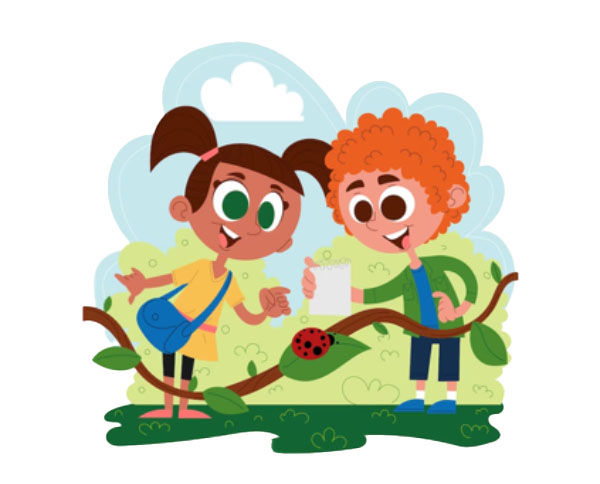
Bug exploration and nature play
Budding scientists and naturalists who love to explore and investigate the natural world gain a firsthand understanding of seasonal changes and the life cycles of native plants and wildlife. Children also benefit from opportunities to learn traits such as gentleness and respect for all life forms as they engage in nurturing behaviors such as watering plant seedlings or setting up an outdoor bird feeder.

Roughhousing or rough-and-tumble play
These gross-motor activities help children develop an understanding of their physical abilities as they build strength, coordination, endurance, and self-confidence. This type of play also helps children develop communication and teamwork skills as they establish “rules of engagement,” tune into the experiences of their rough-and-tumble playmates, and learn how to respect limits.
As you can see from this chart, there are so many benefits to all types of play! All children deserve to choose toys and engage in play activities that feel right to them because every type of play is valuable and important to their development.